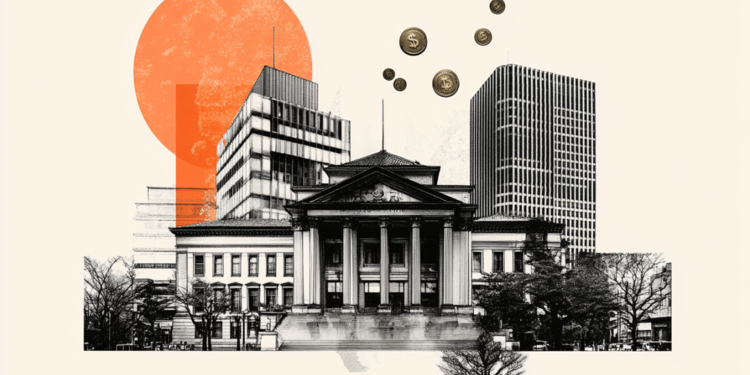The European markets closed positively on Thursday, with investors watching developments on the coronavirus front and assessing political developments in Germany and Sweden.
In particular, the pan-European Stoxx 600 recorded gains of 0.42% to 481.72 points while the other pan-European Stoxx 50 added 0.40% to 4,293.24 points.
On the rest of the board, the German DAX strengthened by 0.25% to 15,917.98 points, the British FTSE 100 gained 0.33% to 7,310.37 points and the French CAC-40 closed at 7,075.87 points with an increase of 0.48%.
In the periphery, the Spanish IBEX-35 moved up 0.56% to 8,840.90, while the Italian FTSE MIB, against the rest of the climate, recorded losses of 0.04% at 27,098.83 points.
Investors were looking at political developments in Europe. In Germany, the new ruling coalition of Social Democrats, Greens and Liberals was announced on Wednesday, ending the political uncertainty of previous weeks.
Under the deal, former Finance Minister Olaf Soltz will take over as chancellor, replacing Angela Merkel in early December, who has been in power for 16 years.
Sweden’s newly elected Prime Minister Magdalena Anderson, meanwhile, resigned on Wednesday. a few hours after her appointment. Magdalena Anderson was forced to resign after lawmakers voted against the government’s budget, leading to the exit of the ruling Green Party.
Investors are also watching closely for a “resurgence” of coronavirus outbreaks in Europe, as some countries take new, more restrictive measures to stem the pandemic.
Italy announced on Wednesday night that it would implement tougher measures while Germany currently avoids imposing a new universal lockdown as the future coalition government wants to wait and see if stricter rules on vaccination certificates help reduce increasing cases. However, Soltz said on Wednesday that vaccinations should be mandatory for certain population groups.
At the end of the day, German GDP grew by 1.7% in the third quarter from the previous quarter, slightly losing analysts’ estimates.
The German GfK consumer confidence index also showed that the inflation rally and the Covid-19 case jump have recently weighed on consumer confidence. The survey fell to -1.6 from the revised 1.0 in November.
.
I am Sophia william, author of World Stock Market. I have a degree in journalism from the University of Missouri and I have worked as a reporter for several news websites. I have a passion for writing and informing people about the latest news and events happening in the world. I strive to be accurate and unbiased in my reporting, and I hope to provide readers with valuable information that they can use to make informed decisions.







